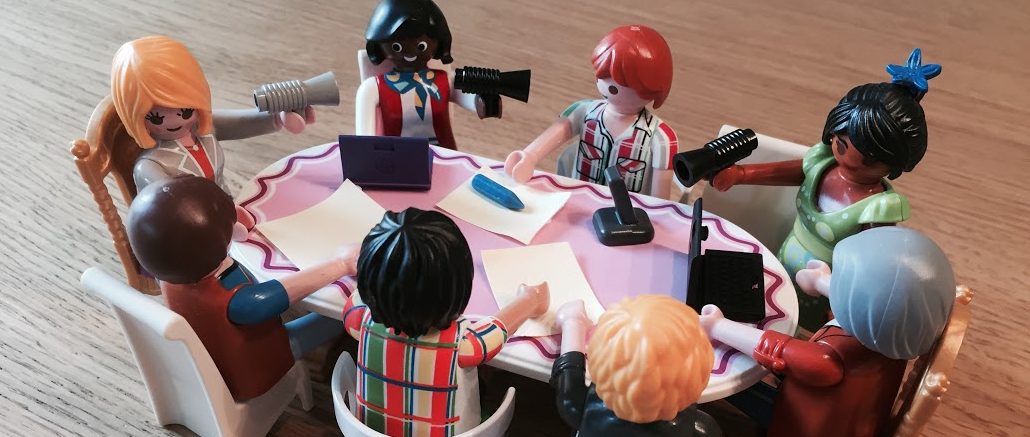What influences coaching outcomes more: relationship or technique?
Well, I didn’t know at first either to be honest. I was guessing technique while I was hoping for relationship. Let me explain how I found out.
On the 1st of December I was invited to a seminar hosting Professor Erik De Haan at Vlerick Business School. Erik is Director of the Centre for Coaching at Ashridge Business School and Professor of Organisation and Development at the Vrije Universiteit in Amsterdam. He enlightened a room full of coaches how relational coaching can support contemporary leaders. Counter to what I expected, he came with some surprising and both reassuring research findings on the effectiveness of coaching.
The most remarkable finding of his ‘Greatest ever Research Programme’ based on research in psychotherapy to me was this. Not the coaching technique or intervention chosen by the coach influences the outcome of coaching most. Apparently, the only thing that can (albeit indirectly) influence the outcome is the relationship between the coach and the coachee.
It means that picking the right intervention or coaching model to support the coachee prevails less than managing and monitoring the relationship between coach and coachee.
Mind you, it does not suggest that, while the relationship with the coachee is safeguarded, the coach can adopt any eclectic approach he desires to reach a successful outcome. No. It suggests rather the opposite, that, if a coach is committed to his own coaching ideology and approach, it will add to his effectiveness. Note the change in emphasis: by making the relationship with the coachee explicit and stronger, the coach will achieve better outcomes with the coachee than by focusing largely on technique.
As coaches, we need to keep discussing the quality of the relationship openly with the coachee. What is it he wants, what he expects from a coach professionally, in terms of agreement on tasks and goals. If the coach takes this up as main focus – and not just at the beginning of the coaching journey, but rather throughout it – it will automatically lead to more self-understanding and self-changing of the coachee.
 Call me at +32 473 80 13 24
Call me at +32 473 80 13 24










